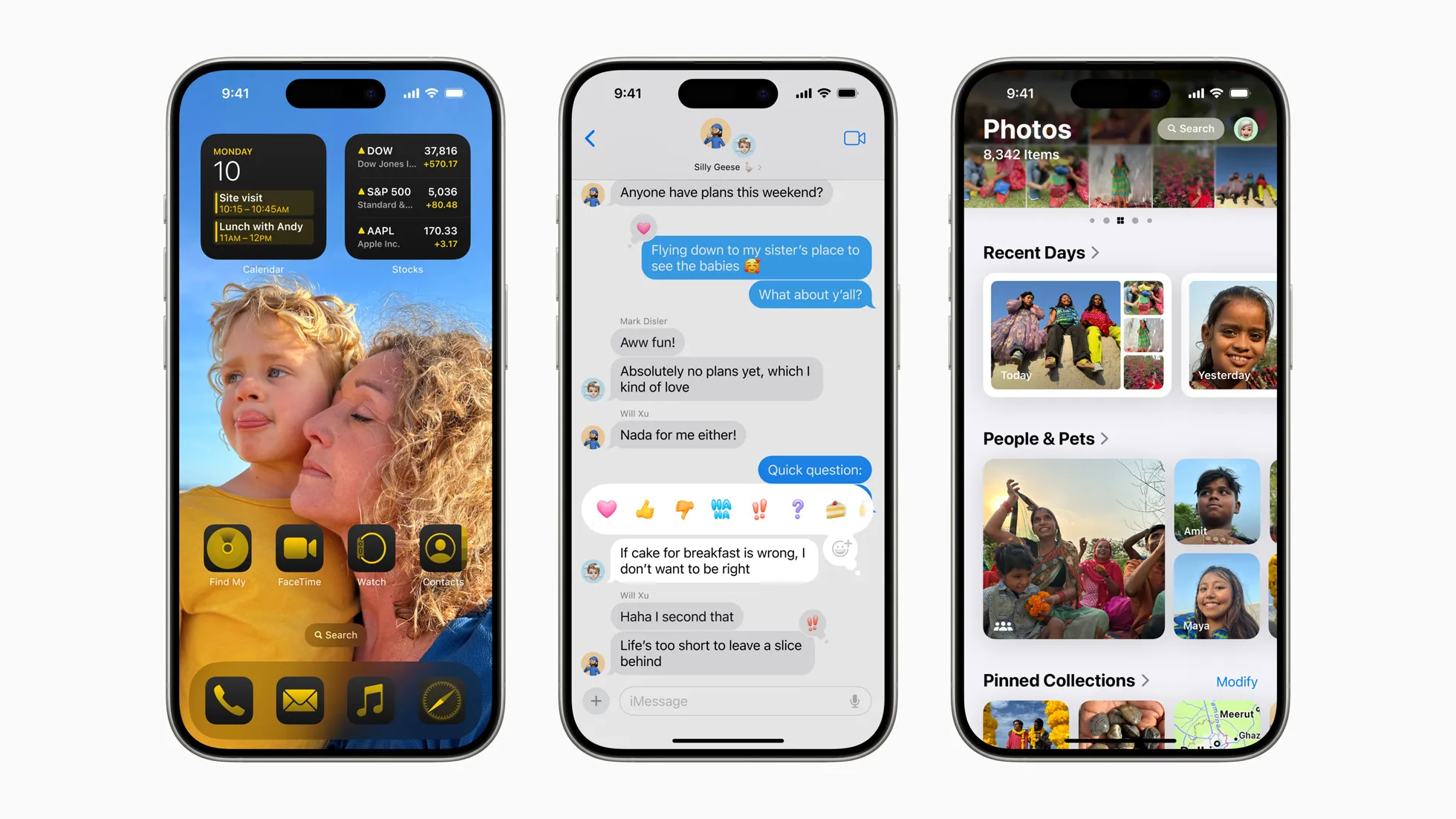Apple has released an urgent security patch addressing a zero-day vulnerability that, according to the company, "may have been exploited in an extremely sophisticated attack against specific targeted individuals." The bug, found in WebKit the browser engine that powers Safari and numerous other apps allowed hackers to bypass security protections and execute arbitrary code through "maliciously crafted web content."
Understanding the WebKit Zero-Day Vulnerability
The security flaw was discovered in WebKit, a core component of Apple’s ecosystem responsible for rendering web pages in Safari and other Apple applications. WebKit is designed with a protective sandbox that limits how web-based scripts interact with other parts of the operating system. This barrier prevents malicious code from spreading beyond a browser tab. However, the newly discovered vulnerability allowed attackers to break out of WebKit’s sandbox, posing a significant risk to users.

Apple has acknowledged that this exploit had been used in targeted attacks, specifically against individuals running software versions before iOS 17.2. Although Apple has not disclosed the identities of the attackers or their victims, the phrasing used in the company’s security bulletin suggests that this was a highly advanced, possibly state-sponsored, attack.
Apple’s Swift Response and Patch Release
Apple’s patch was released on Tuesday for several of its devices, including:
-
iPhones
-
iPads
-
Mac computers
-
Safari browser
-
Apple’s Vision Pro headset
This swift response underscores Apple's commitment to securing its ecosystem against emerging cyber threats. Apple users are strongly advised to update their devices immediately to avoid potential exploitation of this vulnerability.
What Makes This Attack ‘Extremely Sophisticated’?
Apple’s unusual choice of words describing this attack as "extremely sophisticated" is worth noting. Typically, when security flaws are exploited, Apple classifies them as vulnerabilities or security risks. However, this particular bug was described with heightened urgency, implying a level of complexity that goes beyond ordinary cyber threats.
The nature of the attack suggests that it may have been carried out by an advanced persistent threat (APT) group, possibly backed by a nation-state. Such attacks typically target high-profile individuals such as political figures, journalists, human rights activists, or corporate executives.
Is This Related to Apple’s February Security Incident?
Interestingly, in February 2024, Apple used the exact same language to describe another zero-day exploit that affected WebKit. At the time, Apple mentioned an "extremely sophisticated attack against specific targeted individuals." While there is no official confirmation that the two incidents are related, the recurrence of such high-level security breaches raises concerns about the persistent targeting of Apple’s ecosystem.
Security researchers speculate that both attacks could be linked to the same threat actor, but without further disclosures from Apple, this remains speculation. Regardless, the frequency of such targeted attacks underscores the growing risks even for well-secured platforms like iOS and macOS.
What Users Should Do to Stay Safe
Given the severity of this vulnerability, all Apple users should take immediate action to secure their devices. Here are some steps to ensure maximum protection:
1. Update Your Device Immediately
Apple has released security patches for affected devices. To update:
-
On iPhone/iPad: Go to Settings > General > Software Update and install the latest version.
-
On Mac: Open System Settings > General > Software Update.
-
On Safari: If you use Safari on macOS, ensure it is updated via the Mac App Store.
-
On Apple Vision Pro: Check for software updates under Settings.
2. Enable Automatic Updates
To stay protected from future vulnerabilities, enable automatic updates:
-
On iPhone/iPad: Go to Settings > General > Software Update > Automatic Updates.
-
On Mac: Go to System Settings > General > Software Update and enable automatic updates.
3. Be Cautious with Unknown Links
Since the attack relied on "maliciously crafted web content," users should avoid clicking on suspicious links, especially from unknown sources.
4. Use a Secure Browser
While Safari remains one of the most secure browsers, using additional security-focused extensions or alternative browsers can add another layer of protection.
5. Monitor for Unusual Activity
Users who suspect they may have been targeted should monitor their devices for unusual activity, such as unauthorized logins, abnormal battery drainage, or unexpected pop-ups.
The Growing Threat of Zero-Day Exploits
Zero-day vulnerabilities, like the one Apple patched this week, remain one of the most dangerous threats in cybersecurity. These exploits are particularly valuable to hackers because they target previously unknown flaws, giving attackers a significant advantage before a fix is developed and released.

In recent years, major tech companies, including Apple, Microsoft, and Google, have faced an increasing number of zero-day threats. Governments and private security firms alike are investing heavily in cybersecurity research to combat these risks.
Apple’s quick response to the WebKit vulnerability highlights the company’s proactive approach to security. However, as cybercriminals and state-sponsored actors continue to evolve their tactics, users must remain vigilant and proactive in updating their devices and adopting best security practices.
Apple’s latest security patch is a critical update for anyone using an iPhone, iPad, Mac, Safari, or Vision Pro headset. With hackers exploiting a serious WebKit vulnerability in an "extremely sophisticated attack," all users should install the latest update as soon as possible to ensure their devices remain protected.
This incident also serves as a reminder that even the most secure platforms are not immune to cyber threats. As digital attacks grow more advanced, users and companies alike must stay one step ahead by implementing strong security measures and keeping software up to date.
If you haven’t updated your Apple device yet, now is the time to do so. Staying vigilant today can prevent a cyberattack tomorrow.

-1709024343.jpg)
-1710901415.jpg)
-1711683486-q80.webp)
